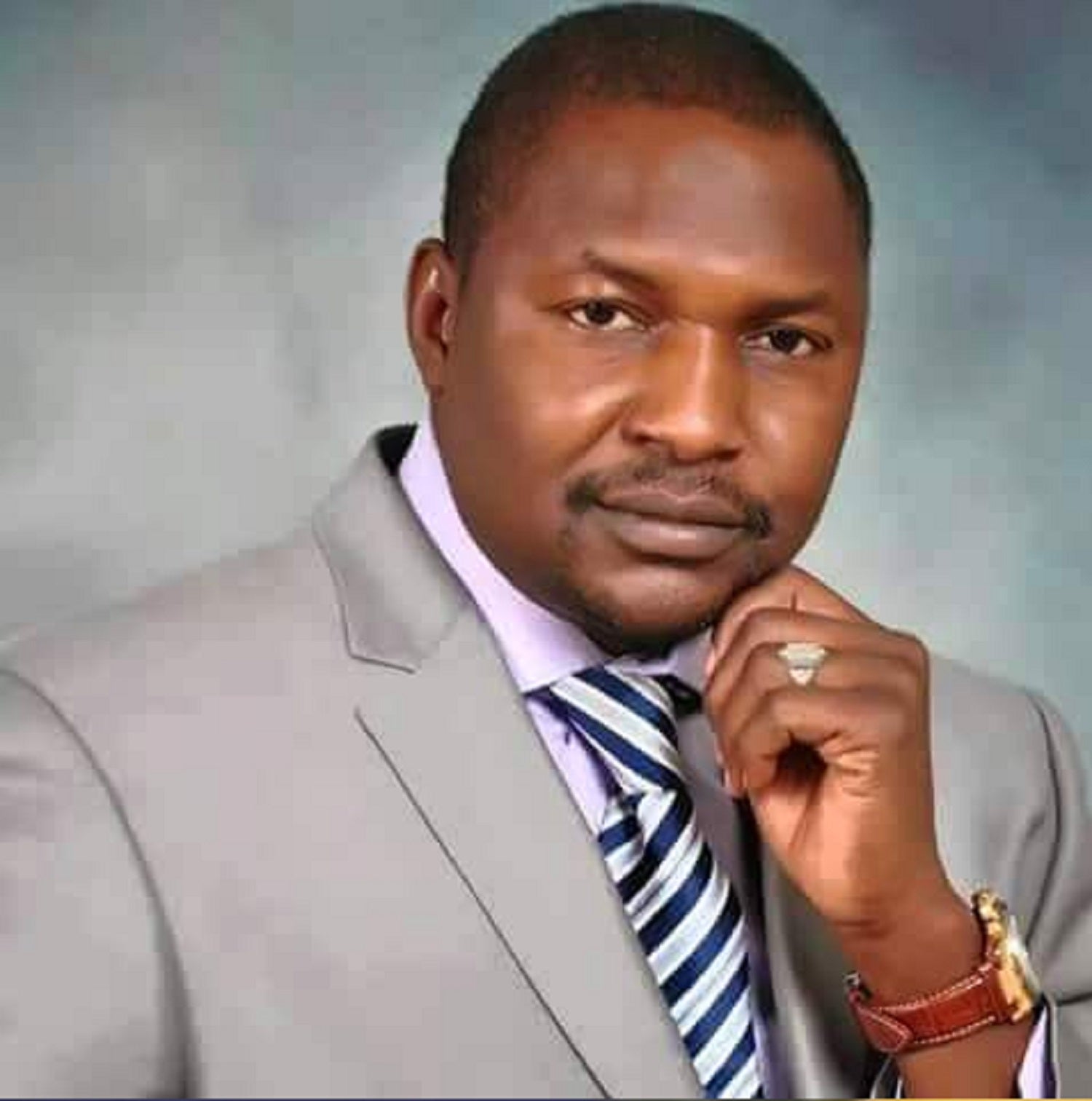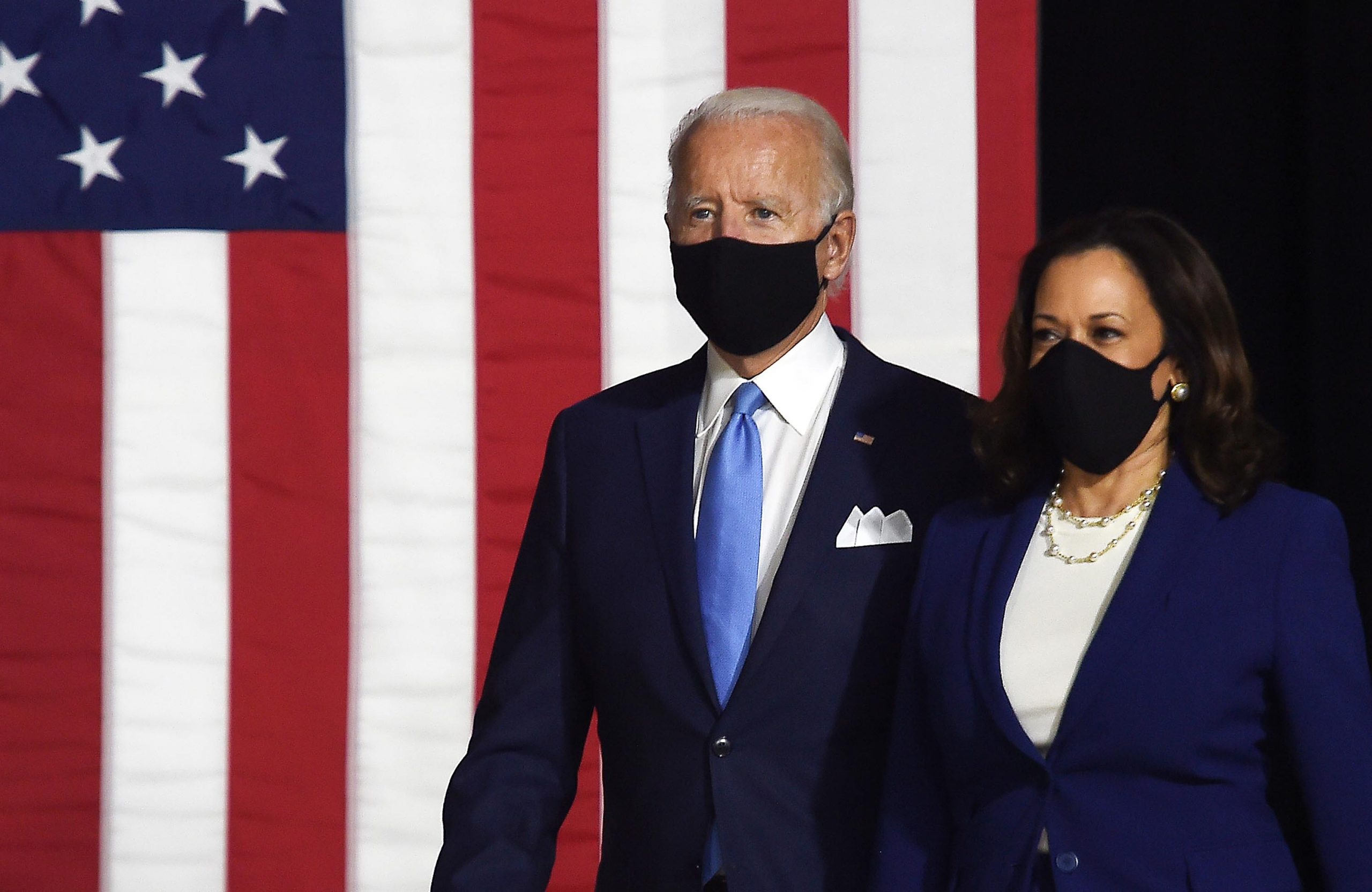ECOWAS court stops Nigerian Govt. from sanctioning Twitter users
The Community Court of Justice of the Economic Community of West African States (ECOWAS) in Abuja has restrained the Federal Government from arresting and prosecuting Twitter users pending the determination of a suit before it.
The Federal Government had announced the suspension of micro-blogging giant Twitter on June 5.
The ECOWAS Court restrained the Federal Government from imposing sanctions or doing anything whatsoever to “arrest or prosecute Twitter and/or any other social media service provider(s), media houses, radio and television broadcast stations, the Plaintiffs and other Nigerians who are Twitter users.
The ruling was on an interlocutory application filed by the Socio-Economic Rights and Accountability Project (SERAP) and 176 concerned Nigerians.
They argued before the court that “the unlawful suspension of Twitter in Nigeria, criminalisation of Nigerians and other people using Twitter, have escalated repression of human rights and unlawfully restricted the rights of Nigerians and other people to freedom of expression, access to information, and media freedom.”
The court gave the order after hearing arguments from Solicitor to SERAP, Femi Falana SAN, and lawyer to the government Maimuna Shiru.
The court said: “Any interference with Twitter is viewed as inference with human rights, and that will violate human rights. Therefore, this court has jurisdiction to hear the case.
“The court also hereby orders that the application be heard expeditiously. The Nigerian government must take immediate steps to implement the order.”
SERAP’s Deputy Director, Kolawole Oluwadare, in a statement after the ruling quoted Falana as saying: “The intervention of the ECOWAS Court is a timely relief for millions of Nigerians using Twitter who have been threatened with prosecution under the provision of the Penal Code relating to sedition.”
Meanwhile, the government has confirmed its readiness to parley with Twitter by naming a high powered team of ministers to lead the talks.
Members of the delegation to parley with Twitter are Minister of Information Lai Mohammed, Babatunde Fashola (Works and Housing), Abubakar Malami (Justice), Geoffery Onyeama (Foreign Affairs), Ali Pantami (Communication), and Festus Keyamo (state Labour and Employment).
The Information Minister had told the House of Representatives panel probing the suspension of the social media platform that Twitter had become a security risk.
Mohammed said: “Twitter has written a letter seeking for dialogue and just today (yesterday), I issued a statement announcing the government’s team that will meet with Twitter. We hope that the committee will have a good dialogue with Twitter.”
Mohammed was questioned on the suspension of the social media platform by a joint committee of the House comprising members of Committees on Information, National Orientation, Ethics and Value; Justice, Telecommunication and National Security.
He was, among others, asked to clarify the laws relied upon by the Federal Government to suspend the platform; if the economic implications of the action were considered and why the decision was taken only after a tweet by President Muhammadu Buhari was deleted by the micro-blogging firm.
On the laws, the minister said: “The only reason why we suspended the operation of Twitter was that it was promoting disunity in Nigeria and therefore became a national security risk.
“If you look at Section 3 of the National Security Act which vests the State Security Service with the powers to preserve the internal security of Nigerians, it is very instructive that any platform that threatens the internal security of Nigeria will not be allowed to operate.
“The section states that the State Security Service shall be charged with the responsibility for prevention and detection within Nigeria of any crime against the internal security of Nigeria; the protection and preservation of all classified matters concerning the internal security of Nigeria; and such other responsibilities affecting internal security within Nigeria as the National Assembly or the President as the case may be deemed necessary.
“This is a case where the Federal Government deemed it necessary that the activities of Twitter in Nigeria, in particular, is inimical to stability in the country.”
He also referred to Articles 24, 25 and 26 of the African Union on Cyber Security and Personal Data Protection; Article 19 (2 and 3) on the International Convention on Civil and Political Rights and sections 1, 2, 3 and 4 of the Cyber Crime Prohibition Act to justify the suspension.
Mohammed added: “These empower the Federal Government to regulate the security of Nigeria Cyber Space, including, but not limited to the cyber environment and organisation and user access which include connected computer devices, personnel, infrastructure, applications, services and the totality of the transmitted information within the Nigeria cyberspace environment, including social media such as Twitter, Facebook, etc.
“The Federal Government is empowered to take all necessary measures, give all necessary orders, designate of any computer system, network application as forming part of our national infrastructure and take all necessary steps, including suspension of Twitter or any other social media handle to protect Nigeria’s critical infrastructure from a cyber threat or attack.
“The government is also empowered to take all reasonable steps to protect the cyberspace when it perceived that a cybercrime is threatening to be committed, has been committed or is being committed through its cyberspace.
“For example, where a seditious act has been committed against the federal government through the cyberspace in accordance with section 512 of the Criminal Code which punishes the crime of sedition.
“So, the decision of the Federal Government to suspend the activities of Twitter for being a national security threat is well-founded in law and the fact that the platform affords IPOB (Indigenous People of Biafra), an organisation already proscribed by the Federal High Court to champion terrorist activities.”
On the negative effects of the suspension on businesses, Mohammed replied: “It is because there is a country called Nigeria that people can do business on any platform.
“Two, there are other platforms – Facebook, Google Hangout, WhatsApp – for people to use. But in a matter of national security, individual interests will lag.
“We have been asked: what is the Federal Government doing? Incidentally, the Twitter suspension is indefinite; it not banned. The doors are not closed. We are willing to speak to Twitter.”
Asked why the government waited till the President’s tweet was deleted before acting, the minister said: “There is no time that we would have taken the decision that we would not have the kind of reactions that we are having now. No time!
“It has come to a stage, after a persistent appeal to Twitter, and we saw how policemen were being killed; how soldiers were being targeted; how secessionists were using Twitter, that is why we said enough is enough. Like I said earlier, we owe no responsibility to Twitter.”
He also denied that Twitter was targeted, saying: “Twitter became a platform of choice for those that want to bring down this country.”
Mohammed warned that if any other platform acted like Twitter, “we will suspend their operations too.”
He dismissed claims by some Nigerians and groups that the government intended to stifle the media and free speech.
He said: “Why it is true that sections 37, 38, 39, 40 and 41 of the 1999 Constitution provides for freedom of speech, it is qualified by section 45 of the same constitution which is to the effect that nothing in these sections shall invalidate any law that is reasonably justifiable in a democratic society in the interest of defence, public safety, public order, public morality, public health or for the purpose of protecting the rights and freedom of other people.”.
“The right of freedom of expression within the contemplation of Section 39 of the same Constitution makes it a qualified right in line with Section 45 which permits restriction of civil liberty in the public interest.”








